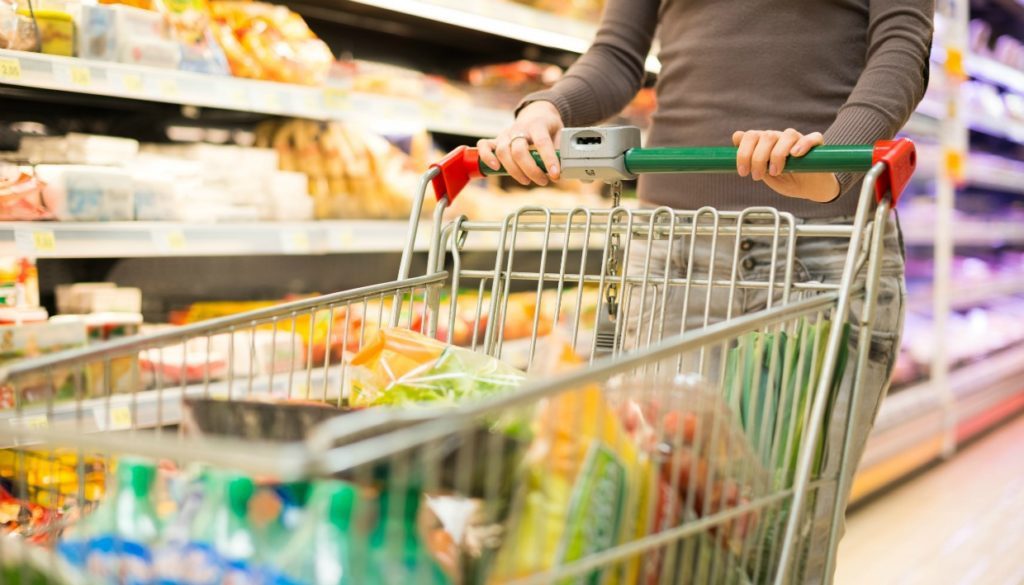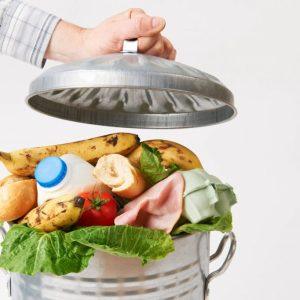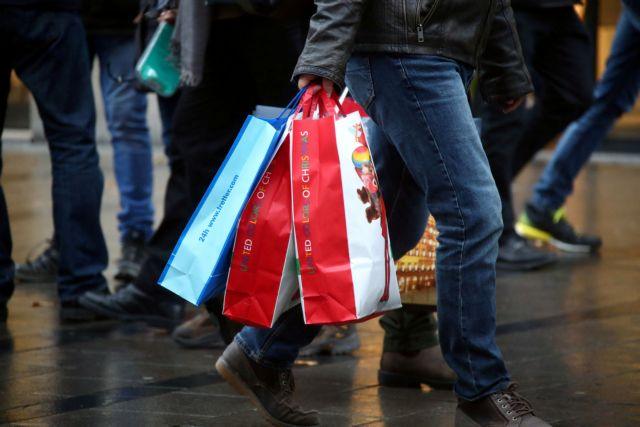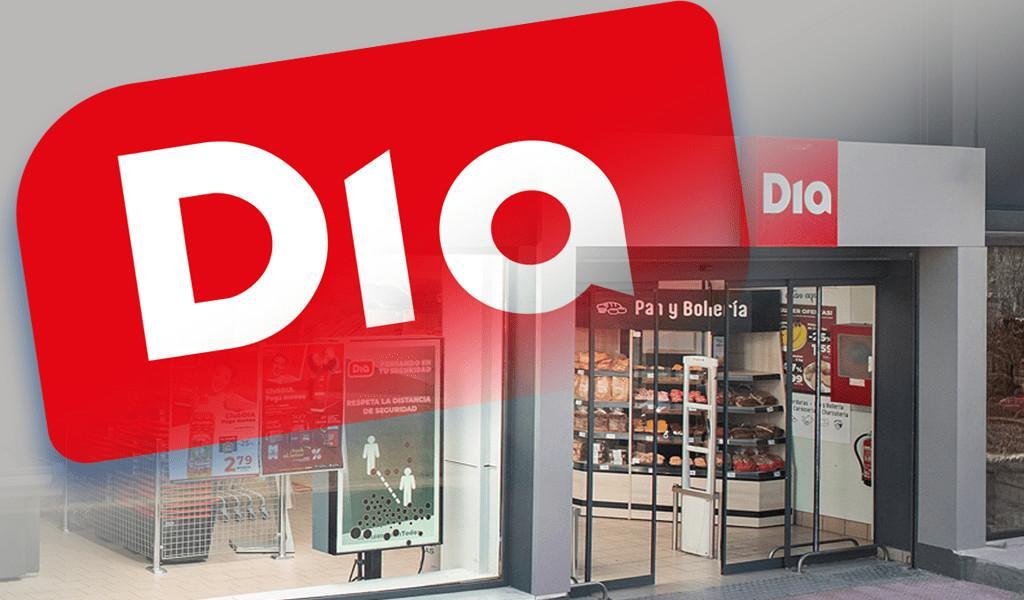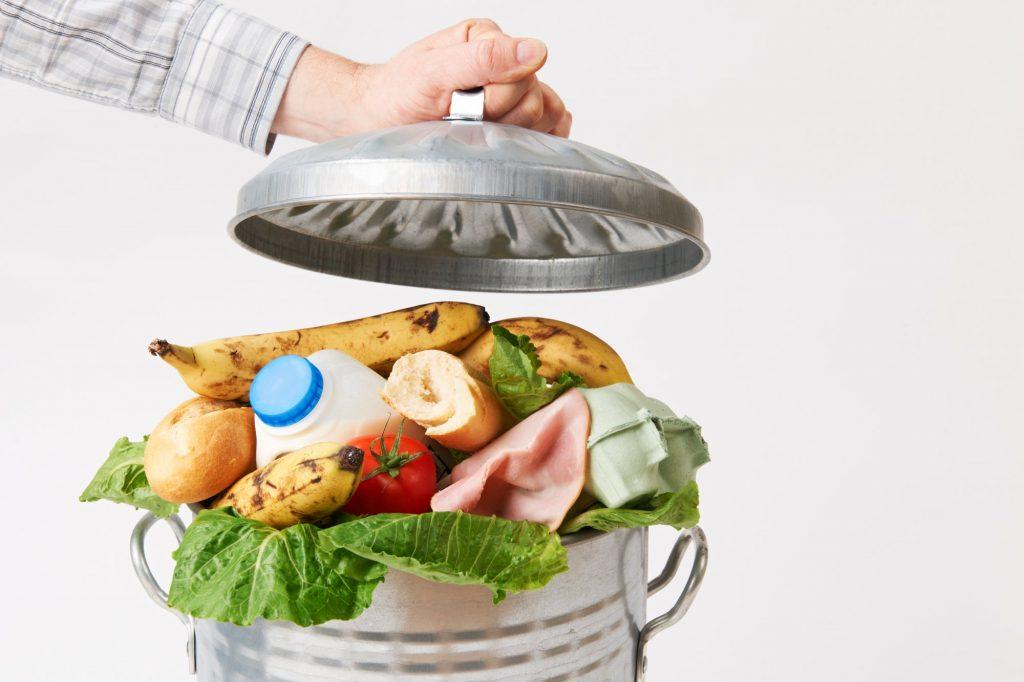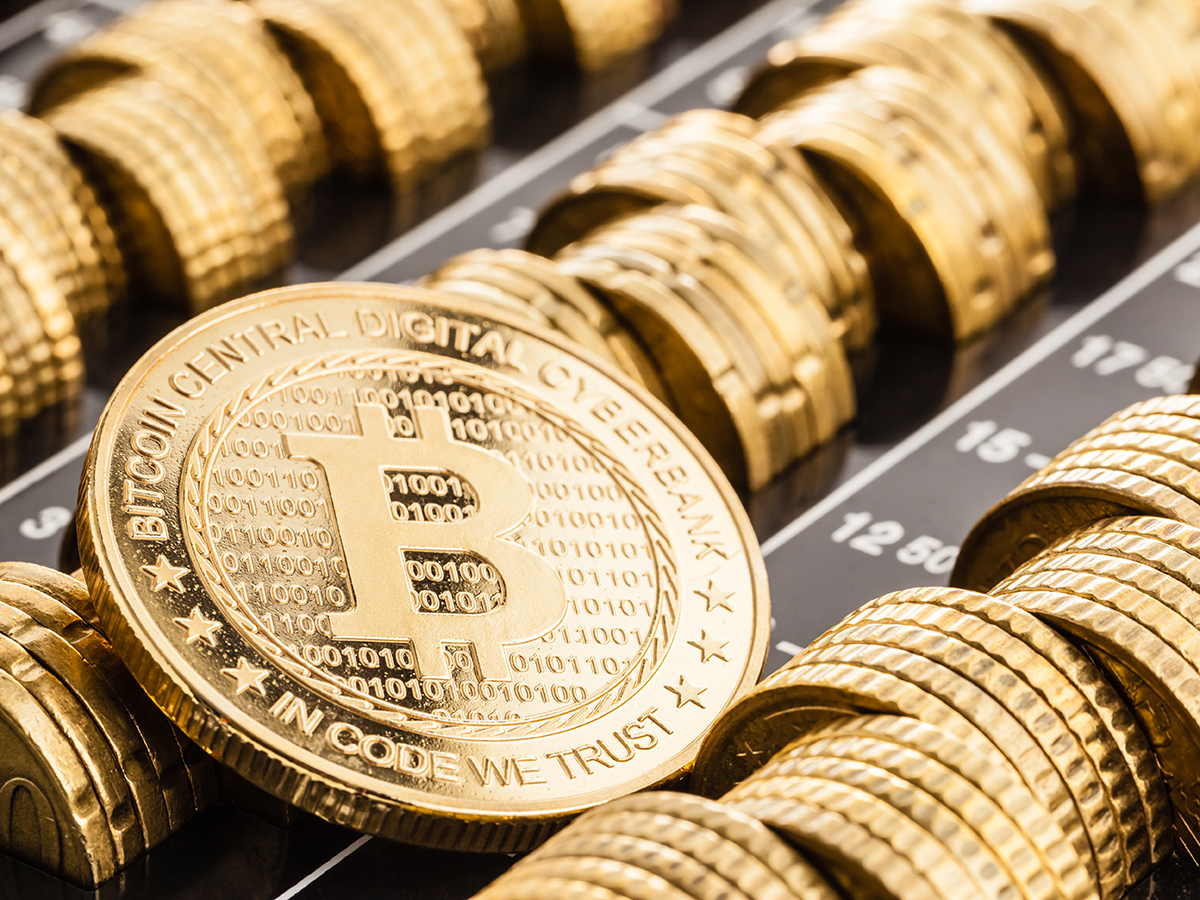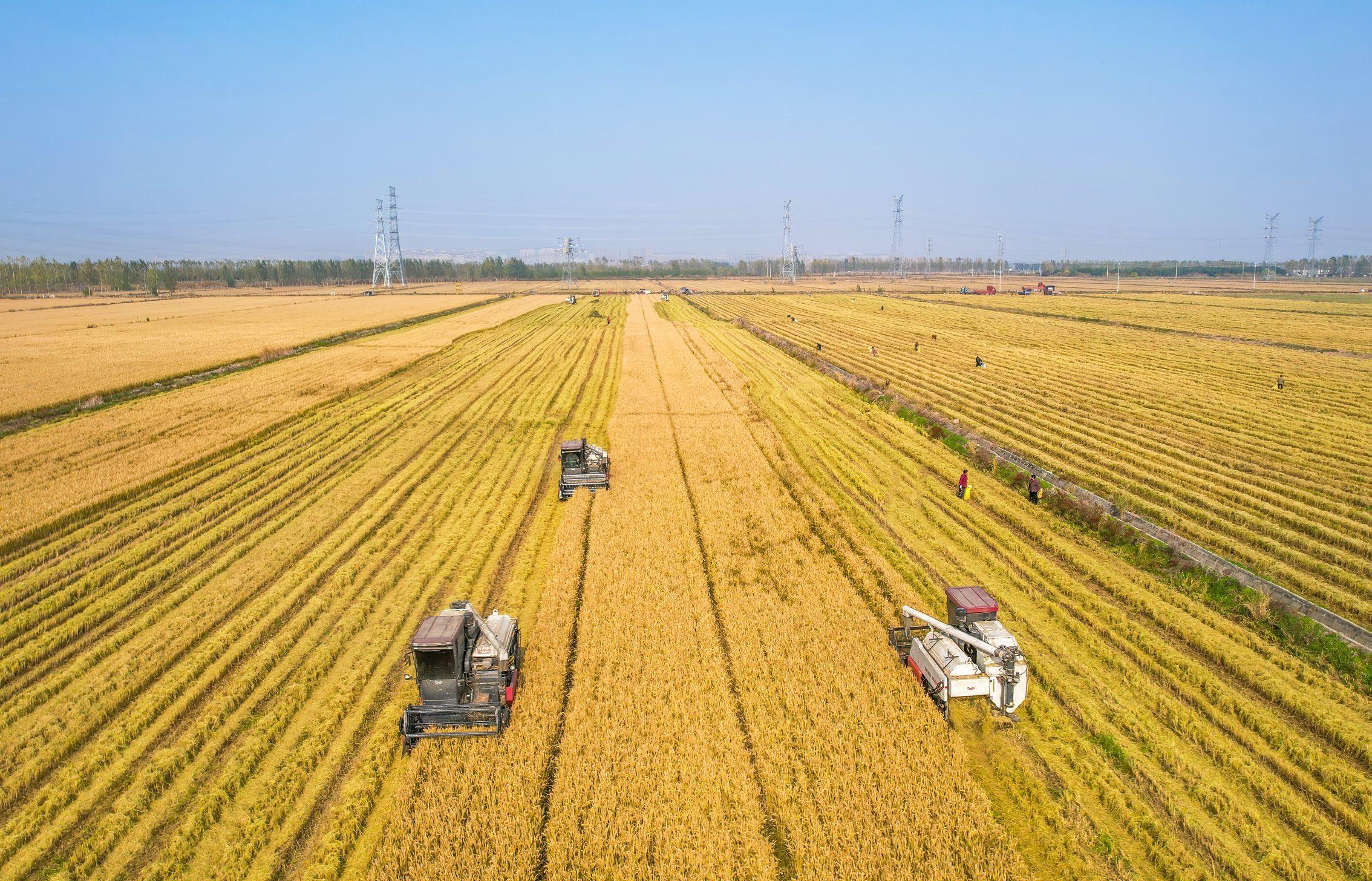When a pan of ratatouille costs as much as a pork stew, or stuffed peppers with feta cheese as much as beef and a kilo of beans costs as much as half a chicken, changes to the daily table are inevitable, especially in low-income households.
A typical example is the price of large peppers which is roughly the same as the price of pork in 2020 (around 2.40 euros per kilo) or as much as half a kilo of goat meat today.
Surveys published from time to time record that about seven out of 10 consumers report a reduction in spending even on the basics. But this does not mean that consumption is reduced by 70% or that the reductions concern all foods or products. In these studies there is no greater detail on cuts by product category or by product.
“TA NEA” weekend edition analyzed the available data from Hellenic Statistical Authority-ELSTAT regarding the calculation of the General Consumer Price Index. The method is approximate, as we deflated the impact of the weight of each product in the inflation “basket”. It would be more accurate if there was the same classification in each time period and breakdown by product (eg slice). The main conclusions of the research are the following:
From 2021, when the price upswing began to today, food items have increased by about 37%, while the decrease in spending (in volume) is estimated at about 10%. But the percentage varies with the category of food. For example, fruit purchases decreased by 12%, vegetables by 11%, pulses by 15% and olive oil by 10%.
Purchases of ready meals are set to grow by 23% in 2022 compared to 2021, supermarket representatives and research firms have told us. This increase was across all ready meals categories, with frozen meals recording the highest increase, at 29%.
In July 2022 – July 2023, cumulative food inflation was 29.9% which appears to have led to a decline in consumption by 8%. With the same method, a large increase is found in bread, meat, fish, milk, eggs, oils, vegetables and fruit.
A decrease in consumption can be seen across the board, except for vegetables and fruits. Perhaps this is true because consumers, in order to reduce costs, replace more expensive products (per piece or per kilogram) with cheaper ones. That is, some amount of meat may have been replaced with fruits and vegetables. A change in eating habits may also be included.
After all, we know from economics that there are genie products, which do not obey the law of supply and demand or, better, elasticity (as the price increases, the demand decreases). A typical example is bread or times of war, where the consumption of bread and other cheap foods increases in order to maximize the use of disposable income.
In the three years, i.e. the period July 2021 – July 2023, the total revaluations are greater and reach 50%, but the calculation of the expenditure in volume was not possible due to a change in the grouping of the products published by ELSTAT. In July 2021, the price change and impact on inflation for olive oil (on an annual basis) was separate, while from July 2022 it is included in the oils group. Thus, we cannot know if, for example, olive oil or some portion thereof was replaced by another oil, such as sunflower oil. The same happened in dairy and other products.
